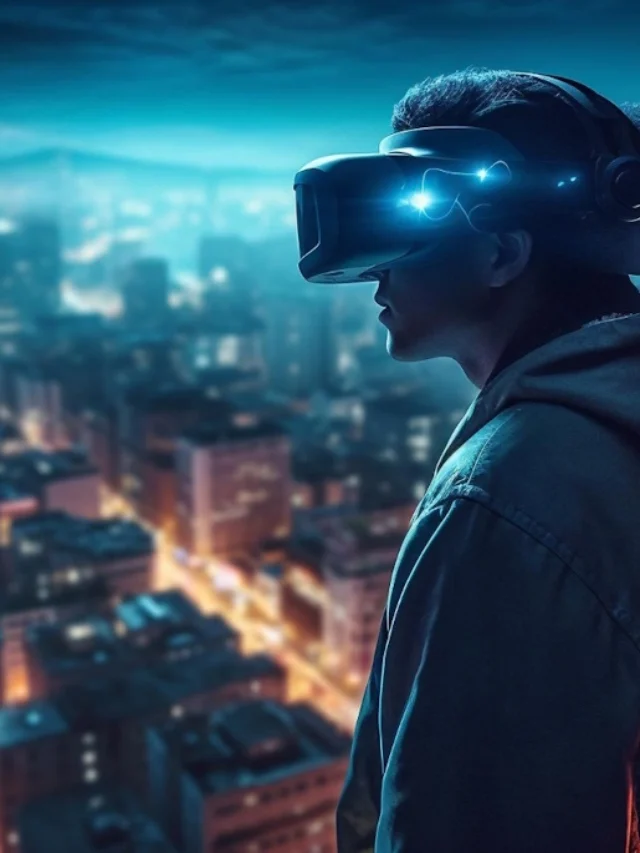Democratizing AI: Unleashing the Potential for All
March 20, 2024
AI and Machine Learning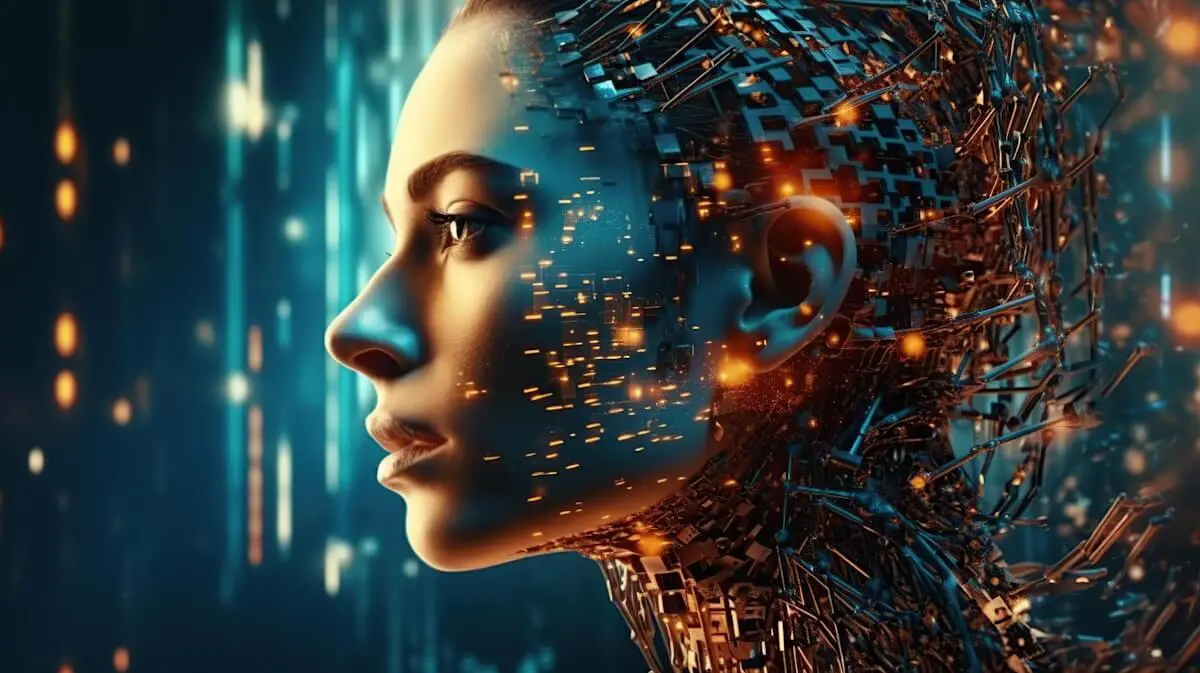
Artificial intelligence (AI) has undergone a meteoric rise in recent years, transitioning from a fantastical notion in science fiction to a transformative technology impacting everything from healthcare to entertainment. However, for a considerable period, AI development and application seemed like the exclusive domain of tech giants and well-funded research labs. Enter the concept of democratizing AI – a movement aiming to make this powerful technology accessible to everyone, not just a select few.
Demystifying Democratization: What Does It Mean?
Democratizing AI goes beyond simply making AI tools available. It’s a multi-pronged approach that fosters an inclusive AI ecosystem:
- Open-source tools and data: Breaking down the barriers to entry, open-source initiatives provide the fundamental building blocks of AI development freely. This allows anyone with a spark of creativity and the drive to learn to experiment, build, and contribute to the world of AI. Imagine a world where datasets and pre-trained AI models are readily available, empowering individuals to tackle problems specific to their communities or industries.
- User-friendly interfaces: Gone are the days of complex coding requirements for AI projects. Today, user-friendly interfaces with drag-and-drop functionalities and minimal coding are becoming the norm. This empowers “citizen data scientists,” individuals without extensive technical backgrounds, to leverage AI for tasks ranging from data analysis to image recognition.
- Cloud-based platforms: Cloud computing has revolutionized AI development. By providing access to powerful processing resources on-demand, cloud platforms eliminate the need for expensive hardware investments. This opens doors for startups, small businesses, and even independent researchers to participate in the AI revolution.
👉 Know More about Natural Phenomena : Aurora: The Celestial Ballet

Unleashing the Power: Benefits of a Democratized AI Landscape
The democratization of AI isn’t just a buzzword; it unlocks a treasure trove of potential benefits:
- Innovation Unleashed: When AI becomes accessible to a broader range of individuals, it fosters a culture of innovation across all industries. Imagine a young entrepreneur with a groundbreaking idea in sustainable agriculture leveraging AI to optimize crop yields or a local artist employing AI to create unique, data-driven artwork. Democratization empowers individuals with the tools to turn their ideas into reality.
- Problem-Solving Powerhouse: Previously, the power of AI analysis and problem-solving was largely reserved for well-resourced organizations. Democratization puts this power in the hands of individuals and small businesses. A local farmer can now leverage AI to analyze weather patterns and optimize irrigation strategies, while a small business owner can utilize AI-powered marketing tools to compete more effectively with larger corporations.
- Diversity of Thought: With a broader base of people contributing to AI development, the technology benefits from a far richer tapestry of perspectives. This fosters the creation of more inclusive and representative AI systems. Algorithms trained on diverse datasets and developed by people from various backgrounds are less susceptible to bias and more likely to reflect the complexities of the real world.
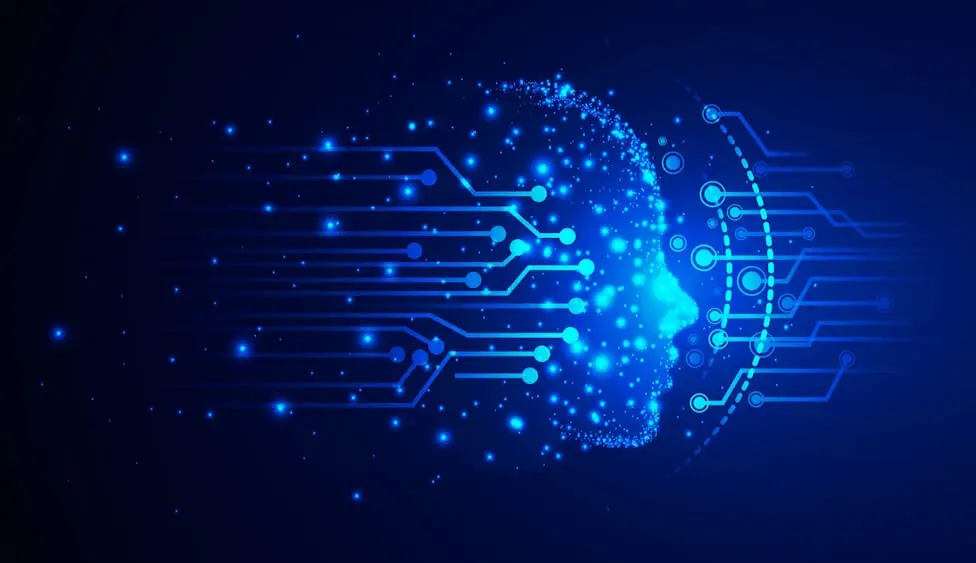
Challenges and Considerations: Navigating the Democratization Journey
While the democratization of AI offers exciting possibilities, it’s crucial to acknowledge the challenges that come with it:
- Ethical Considerations: As more people build AI systems, ensuring fairness, transparency, and responsible use becomes critical. Biases present in training data can lead to biased AI outputs, potentially perpetuating discrimination. Robust ethical frameworks and responsible development practices are essential to prevent such pitfalls.
- Security Concerns: Making AI accessible also means making it potentially vulnerable to misuse. Malicious actors could exploit AI systems for cyberattacks or the spread of misinformation. Robust security measures and education on responsible AI development are key to mitigating these risks.
- Bridging the Digital Divide: Not everyone has equal access to technology and the internet. This digital divide creates an obstacle to true democratization. Initiatives aimed at expanding internet access and promoting digital literacy are crucial for ensuring everyone can participate in the AI revolution.
👉 Know More about Beauty of Solar Eclipses
The Two Sides of the Coin: Exploring the Cons of AI
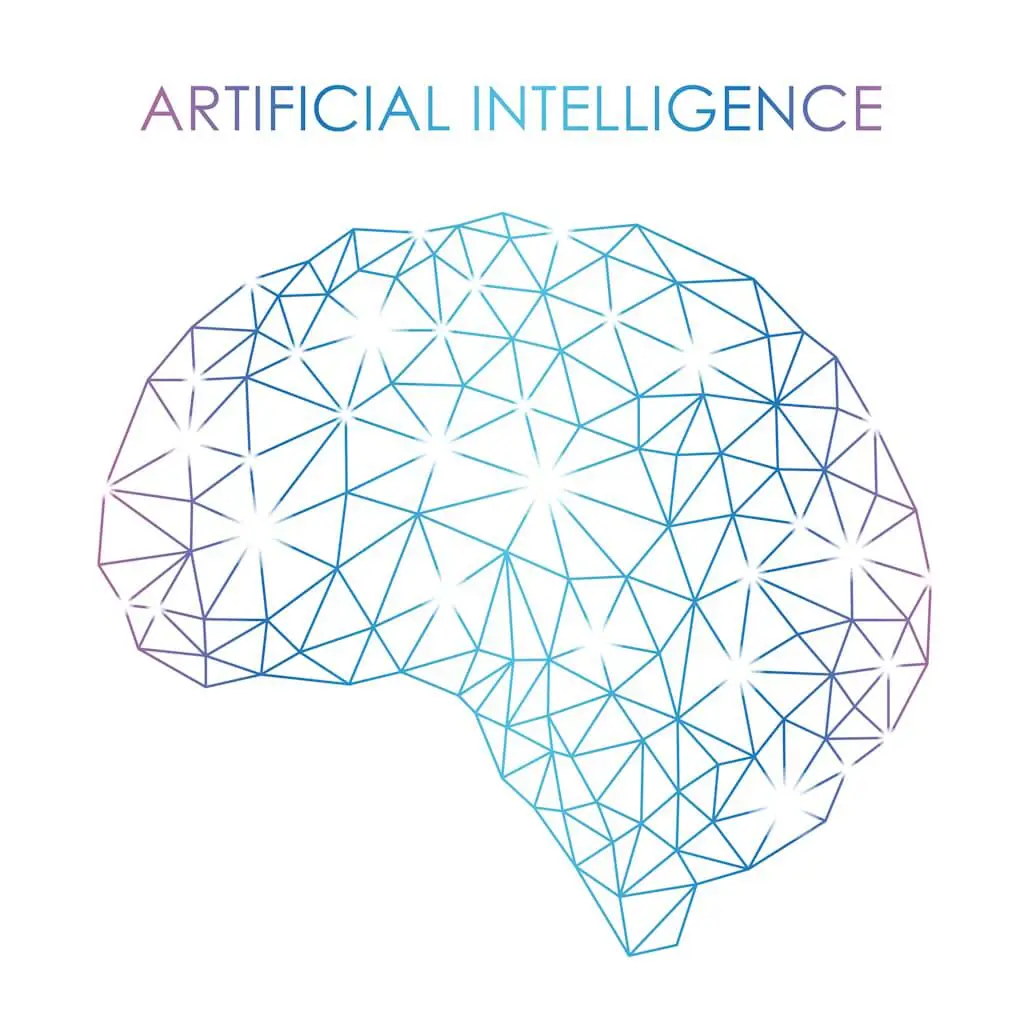
Artificial intelligence (AI) has become an undeniable force in our world, revolutionizing everything from healthcare to entertainment. While its potential benefits are vast, it’s crucial to acknowledge that AI also comes with its own set of drawbacks. Let’s delve into the not-so-bright side of AI and explore some of the potential downsides we should consider:
Job displacement: One of the most concerning aspects of AI is its potential to automate jobs currently performed by humans. As AI systems become more sophisticated, repetitive tasks across various industries are at risk of being replaced. This raises concerns about unemployment and the need for workforce retraining programs.
Algorithmic Bias: AI systems are only as good as the data they’re trained on. If the training data contains biases, the AI system will inevitably inherit those biases. This can lead to discriminatory outcomes, for example, in loan approvals or facial recognition software. Mitigating bias in AI development requires careful selection of training data and ongoing monitoring of the system’s outputs.
Lack of Explainability: Many AI systems, particularly complex ones using deep learning techniques, can be like black boxes. We understand the inputs and outputs, but the internal decision-making process remains opaque. This lack of explainability can raise concerns about accountability and fairness. Imagine a situation where an AI-powered hiring system rejects a candidate, but you can’t understand why.
Security Risks: As AI becomes more powerful, it also becomes a potential target for malicious actors. Hacking into an AI system could have devastating consequences, especially in critical infrastructure or autonomous weapons applications. Robust cybersecurity measures are essential to mitigate these risks.
Privacy Concerns: AI systems often rely on vast amounts of data to function. The collection and use of this data raise privacy concerns. Ensuring user privacy and implementing robust data protection measures are crucial to building trust in AI applications.
Over-reliance and Loss of Control: As AI becomes integrated into various aspects of our lives, there’s a risk of becoming overly reliant on its decision-making capabilities. This could lead to a loss of human control and critical thinking skills. It’s important to strike a balance between leveraging the power of AI and maintaining human oversight.
The Singularity and Existential Risk: Some experts warn of a hypothetical future scenario known as the “technological singularity,” where AI surpasses human intelligence and becomes uncontrollable. While this may seem like science fiction, it’s a consideration that warrants ongoing discussion and responsible development of AI to ensure it remains beneficial to humanity.
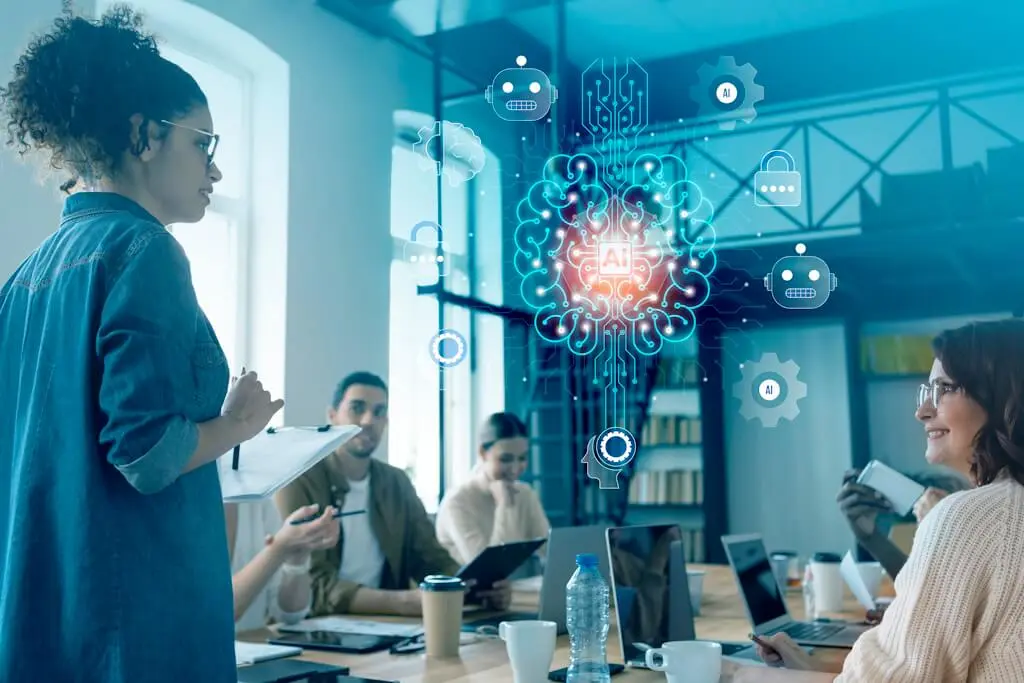
Conclusion: A Balanced Approach
AI is a powerful tool with immense potential for good. However, it’s not without its downsides. By acknowledging these cons and proactively addressing them through ethical development practices, robust regulations, and continuous human oversight, we can ensure AI remains a force for progress that benefits all of humanity.
Note : The provided information may contain errors; please contact us if you notice any.
Image source: Freepik(WangXiNa) , Freepik , Freepik , Freepik , Freepik(callmetak)
